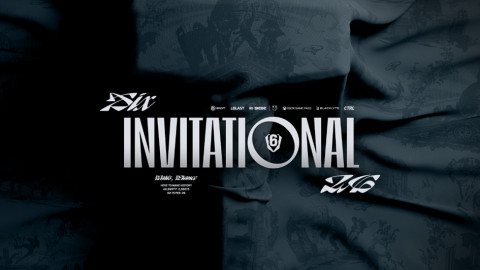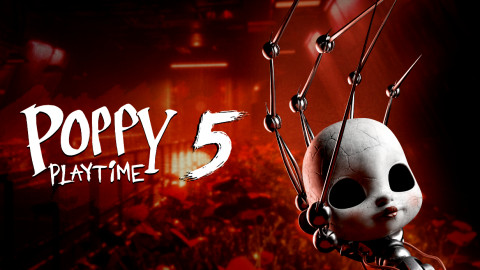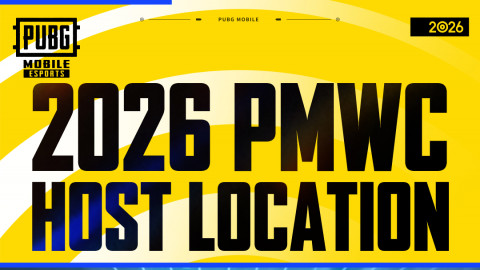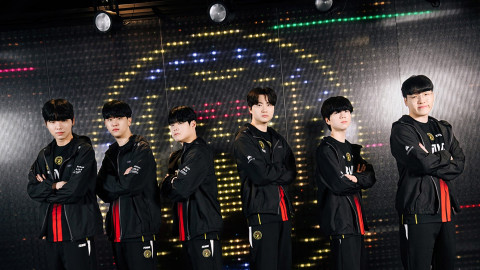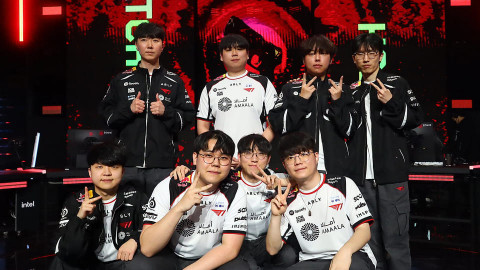
Since the announcement last year that the NA LCS would be franchised in 2018, many expected a big increase in the numbers and values surrounding the league. With deep-pocketed investors and famous names from traditional sports entering the esports scene for the very first time, more competition to sign top tier players was unavoidable – which led of course to teams paying bigger salaries in order to lure talented individuals for their line-ups.
In an interview with LiquidLegends, former Unicorns of Love General Manager and current Optic Gaming General Manager Romain Bigeard confirmed this scenario, claimed that these new investors significantly changed the landscape of the League: “the average player salary was bumped up from $150k/year in 2017 to $327k/year in 2018,” said Bigeard, “and the amount of cash invested by organizations into their infrastructure greatly increased as well. It is becoming a full industry, with long-term sponsorship deals happening and a lot of visibility on the line.”
A controversial subject since its announcement last year, Bigeard says however this was the right move, and wishes that the transition will be a successful one in his native region as well: “franchising was definitely the right move for NA LCS, and it will probably be the right move for EULCS. I hope Riot can find ten solid EU names/brand able to offer the necessary finance/reach/infrastructure for 2019.”
However, one of the big questions remaining is how viable this current model is, and whether the organizations will ever be able to receive their investment back, considering they not only have to pay inflated rates for the League’s top stars, but also were forced to pay a substantial one-time fee to Riot Games (between $10 Million and $13 Million) to be admitted into the new, franchised NA LCS in the first place.
Monetization becomes thus a vital aspect for the survival of the League itself, and despite an increased number of on-air advertisement for the 2018 season, many remain concerned whether this will be enough for a healthy development and even future of the league, especially considering partnerships such as the $300 Million deal with BAMTech, announced in December 2016, and planned to implemented in 2017, is simply put, a big incognita right now, with Riot Games simply claiming in a statement to Dot Esports that they are "still working on it but there's nothing we can say right now." Clearly not a satisfactory answer taking into account the high risks currently at stake – namely the future of League of Legends at an esports title itself.
Monetizing their product properly should be however just one of Riot Games’ concerns right now: with the esports scene of titles such as PlayerUnknown's Battlegrounds, Fortnite, and Overwatch with their new Overwatch League on the rise, another question mark is whether League of Legends can actually keep their viewers, with their once before seemingly “untouchable” position as the most viewed game on streaming platforms being put at risk by these upcoming games.
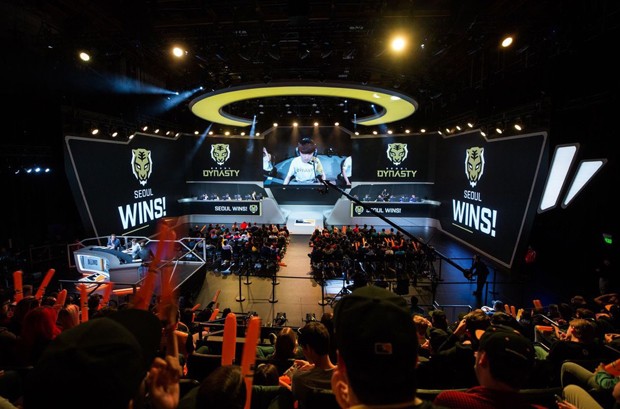
And finally, the comparison: with these competitor titles signing attractive deals, such as Blizzard’s partnership with Twitch which allows users to spend money in form of “cheers” in order to unlock exclusive in-game content for Overwatch proving successful (with the revenue breaking the six-digit mark per broadcast day), is Riot actually doing enough to justify all investment put into the LCS?
This all leads to the title question: whereas it is definitely good to see players being handsomely paid by the incredibly hard work they put (we all know how hard the life of an esports athlete is), is such abrupt development in wages necessarily good and healthy for the entire ecosystem
Personally, I am very skeptical about the current model and situation, which I consider unsustainable for the long term. The silver lining however is that Riot Games still have time to work alongside the organizations to put a business model into action, a model that guarantees a gradual and sustainable development for the entire ecosystem for the years to come – but they need to do that quickly, as the clock is ticking and the patience of fans and organizations alike may not last forever.
(Photos courtesy of Riot Games and Blizzard Entertainment)
Disclaimer: The following article was written freely based on the author's opinion, and it may not necessarily represent Inven Global's editorial stance.
Contact with the Author:
Feel free to add my Twitter and FB to my bio: https://twitter.com/gaamcap and https://www.facebook.com/gaamcap!
Sort by:
Comments :0


